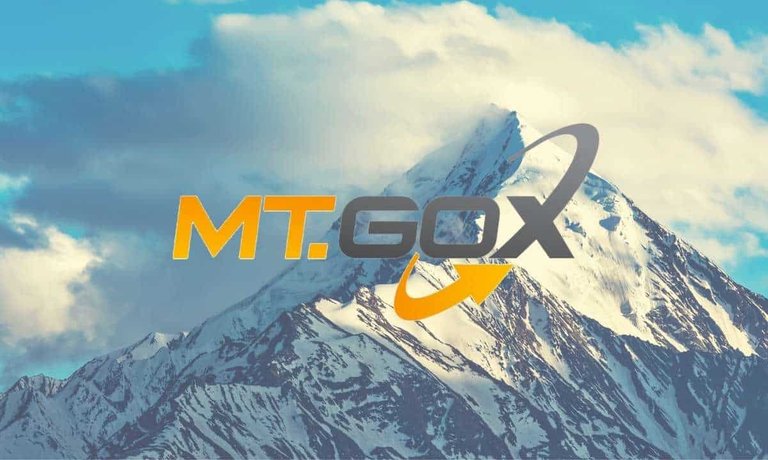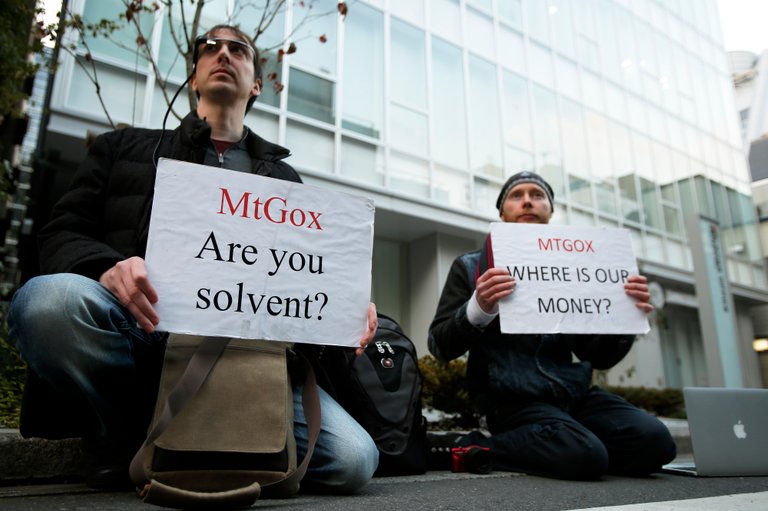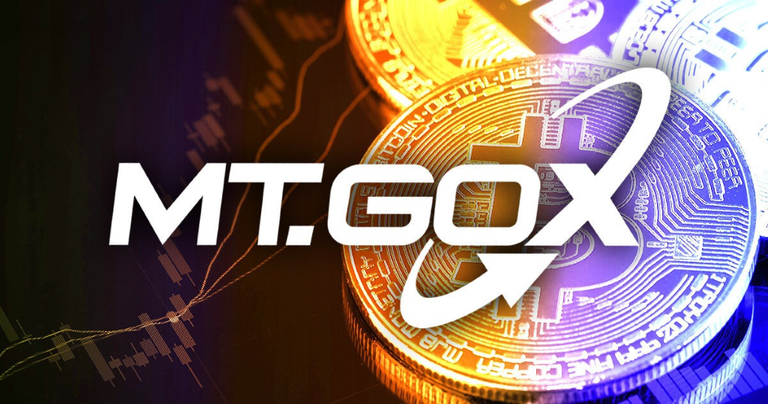
In a notable move, Mt. Gox has once again shifted a portion of its Bitcoin reserves. The now-defunct cryptocurrency exchange, which famously collapsed a decade ago following a catastrophic hacking incident, has recently transferred over 500 BTC—equivalent to approximately $35 million—to unknown addresses. According to blockchain analytics platform Arkham Intelligence, this transfer took place from Mt. Gox’s cold wallet to an address starting with “12cTj” at 01:42 (Italian time) on Friday.
Crypto analyst Ember CN commented on the transactions, noting, “It remains unclear if these movements are part of new compensation cycles for creditors.”
Despite these recent transfers, Arkham Intelligence confirms that Mt. Gox’s wallet still holds approximately 44,900 BTC, worth an estimated $3.11 billion. These funds are designated for future creditor distributions. Following the initial transfer, two additional transactions—one for 31.78 BTC and another for 468.24 BTC—were recorded, marking the first significant activity from Mt. Gox’s wallets after a month of dormancy.
In August, Mt. Gox moved Bitcoin worth around $855 million to unidentified wallets. These funds were divided across two major transactions: $74 million was allocated to a known cold storage wallet associated with the exchange, while the remaining $784.2 million was transferred to an undisclosed address.
Earlier in July, Mt. Gox conducted a massive transfer of Bitcoin valued at $2.5 billion. Blockchain analytics firm Glassnode tracked the transfer and revealed that 59,000 of the 142,000 recovered BTC were distributed to creditors via crypto exchanges Kraken and Bitstamp.

Further Delays in Creditor Payouts
Last month, the Rehabilitation Trustee overseeing Mt. Gox's assets extended the repayment deadline by an additional year, setting a new target date of October 31, 2025. A statement from the Trustee clarified that many creditors still have not received their reimbursements due to incomplete procedural steps.
These repeated delays have fueled concerns among creditors and market observers alike, particularly as the liquidation of Mt. Gox’s assets—including substantial Bitcoin holdings—continues to loom over the broader crypto market.
In the midst of this ongoing situation, Bitcoin’s price has seen considerable volatility. This week, it surged to a 90-day high of $73,295 on October 30, only to subsequently correct down by 5.5% to $69,000. Currently, Bitcoin is trading at around $70,120, marking a 2.88% decline in the last 24 hours. However, the weekly and monthly charts remain in positive territory, with respective gains of 2.96% and 15%.
The Collapse of Mt. Gox: A Historic Loss in Bitcoin's Early Days

Mt. Gox, based in Tokyo, was once among the world’s most influential Bitcoin exchanges, playing a critical role in Bitcoin's early development and adoption. Originally created in 2010 by Jed McCaleb, the platform was sold to Mark Karpelès shortly afterward. Interestingly, the name "Mt. Gox" stands for “Magic: The Gathering Online Exchange,” as it was initially intended to be a marketplace for trading Magic: The Gathering cards.
By 2011, Mt. Gox had transformed into a Bitcoin exchange and rapidly gained popularity, becoming the largest Bitcoin trading platform globally. By 2013, it handled approximately 70% of the world's Bitcoin transactions.
However, in February 2014, Mt. Gox abruptly suspended all trading, took down its website, and filed for bankruptcy following a series of severe security breaches. Investigations later revealed that approximately 850,000 BTC—worth around $450 million at the time—had been stolen over several years. This remains one of the largest cryptocurrency thefts in history and profoundly impacted Bitcoin's perception and regulatory landscape.
The collapse of Mt. Gox spurred extensive investigations and multiple legal actions, with affected creditors staging public protests and demanding restitution of their lost funds. Over time, a portion of the stolen Bitcoins was recovered. The fall of Mt. Gox had far-reaching consequences for the crypto market, shaking investor confidence in digital currencies.

Since then, creditors have faced years of legal battles, with hopes for restitution finally materializing as Mt. Gox gradually recovers and begins distributing some of the lost funds. However, the ongoing delays in the repayment process underscore the complexity of the case and the challenges inherent in managing the fallout from such a significant breach.